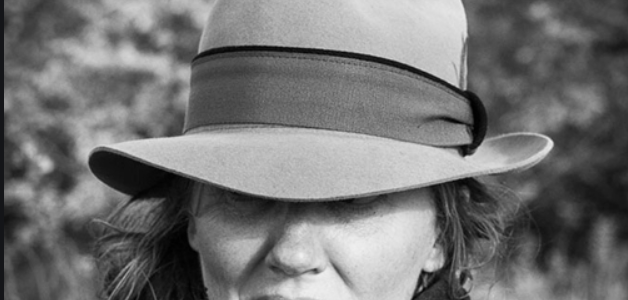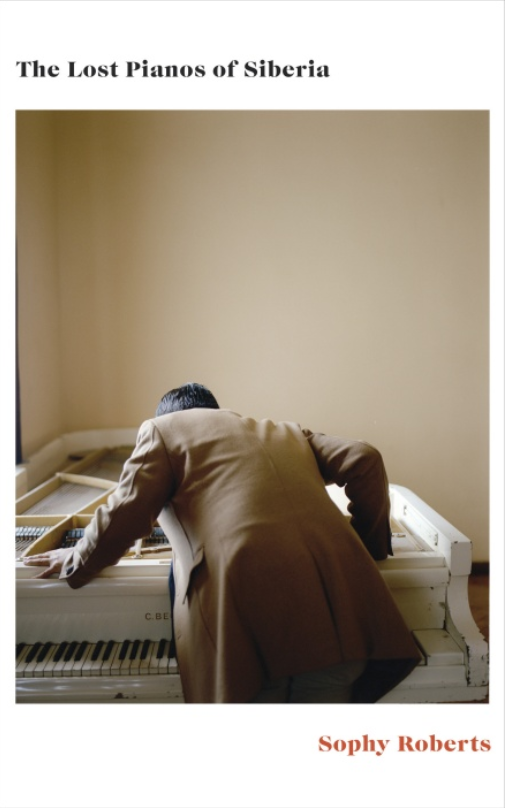
Hunt for a piano in Sibieria


Travel journalist Sophy Roberts’s The Lost Pianos of Siberia is an idealistic quest, a mischievous travel adventure and a forgotten and one of best non-fiction story about one of the exiles, penal colonies, and unmarked graves
It all starts with a commission to track down a suitable piano for a Mongolian virtuoso of Siberian descent that prompted Roberts in her quixotic literary adventure through the vast extremities of Russia and its cultural history.
Pre-revolutionary cultural treasures hidden during wars, or exported for convicts and penal officials – rumour takes on “the mysterious, illogical power of an obsession”.
In the 1800s, St. Petersburg was nicknamed “pianopolis” and “piano mania” would only increase across Russian culture under the influence of Catherine the Great, piano music has run through the country like blood. Forty years later during the boom years with public performances from Hungarian celebrity Franz Liszt, as Siberia’s prison system was expanding.
Roberts heads to the shore of Lake Baikal, the deepest in the world to find the instrument played by Princess Maria Volkonsky, a political martyr who followed her rebel husband into exile. Looking for the Schroder grand which the imperial family played in their final days and evokes the killing of the last Romanovs in 1918 with abysmal emotion. Russia is capable of making music in far-flung villages is nothing less than a miracle.
Roberts takes us to the remotest eastern point of snow-bound Siberia’s wilderness– “ about as far as you can go in Russia”- the Commander Island’s alongside on the trail for an instrument collector in the Altai Mountains, following the footsteps of mystics looking for spiritual heart of Russia and traces of prehistoric humans. The hated Siberian monk Grigori Rasputin’s corpse which was supposedly dug up by Bolsheviks and conveyed inside a piano to a forest for his final burning.
The Lost Pianos of Siberia by Sophy Roberts, Doubleday £18.99, 448 pages.
